Open up business opportunities
Mr. Vu Khanh Toan - Kobler brand consultant in the Vietnamese market said that the Vietnamese market has been relatively difficult in recent years. However, many enterprises have found another way to expand the market, especially in the context of construction materials production "greening" in production activities and the world market trend is changing towards reducing pollution and being environmentally friendly.
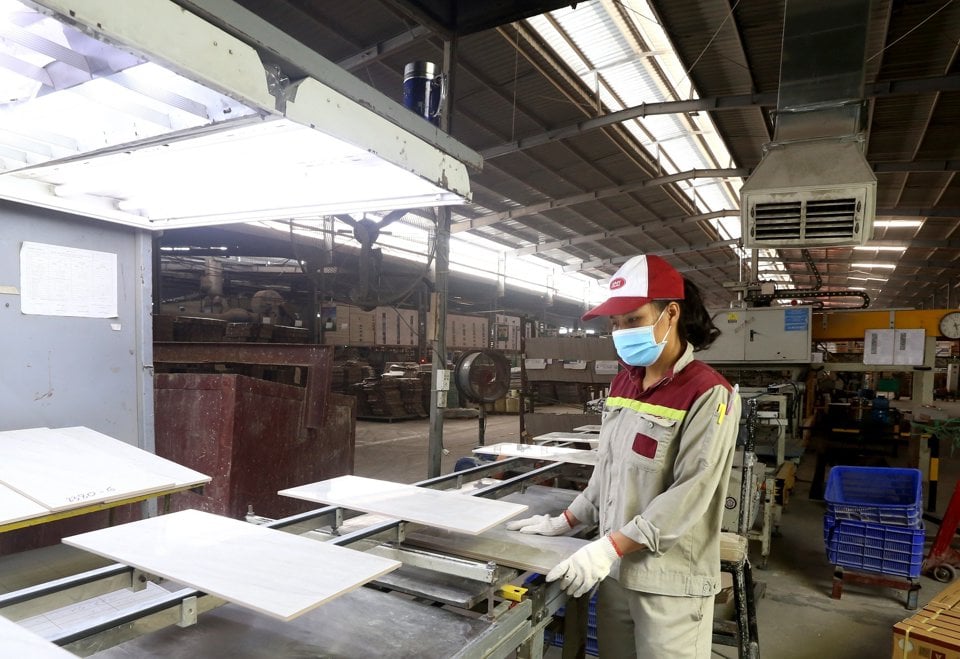
As a company specializing in quartz flooring materials using advanced technology from Germany combined with Eastern values, providing green construction solutions, convenient for construction contractors as well as workers when implementing projects. Kobler brand products bring to customers relatively practical, when quartz materials bring prosperity to consumers, increase the connection for family members.
To create such products, Mr. Vu Khanh Toan acknowledged that implementing ESG is a choice to aim for sustainable development and improve business efficiency. Specifically in terms of governance, the company has tried to streamline and apply technology such as governance to minimize risks and save costs optimally. Many production lines apply artificial intelligence (AI) technology, software so that foreign partners can coordinate remotely.
With automatic model robots to help enhance product quality management, with automation to ensure the most consistent product quality, ensuring absolute safety, also contributing to protecting the health of workers and the environment.
Module9 Joint Stock Company Director Do Van Hai said that ESG implementation in construction materials enterprises not only helps to enhance the reputation and sustainable value of the company but also contributes positively to environmental protection and community development. In particular, the environment is one of the industries with high greenhouse gas emissions, mainly from the production of cement and other construction materials.
Enterprises need to invest in environmentally friendly production technology, such as using renewable energy, minimizing the use of fossil fuels and optimizing production processes. Limiting the amount of waste from the material production process, recycling old construction materials and applying waste reduction technology in the production process.
Along with that, enhance social responsibility by providing a safe working environment, ensuring good working conditions for employees, implementing reasonable compensation policies and protecting workers' health, especially in production stages that can be harmful to health.
"Enterprises need to develop a comprehensive ESG strategy, setting specific goals for environmental protection, employee rights and sustainable development in the production and business process. In addition, build a clear, transparent and legal governance system, ensure quality control processes and minimize corruption," said Mr. Do Van Hai.
To successfully implement ESG, Mr. Do Van Hai also recommends that businesses need to assess their current environmental, social and governance status. This includes assessing CO2 emissions, issues related to employee rights, and current governance standards. Develop a specific strategy with short-term and long-term environmental, social and governance goals.
For example, reducing CO2 emissions in production, improving employee training and wellness, or improving internal monitoring and reporting mechanisms. Integrate ESG values into the company culture, ensuring that all levels of employees understand and commit to implementing these standards in their daily work.
Not just for show
In the construction materials industry, small and medium enterprises account for an overwhelming proportion (about 80 - 90%), while large enterprises only account for about 10 - 15%. In recent years, many small and medium construction materials enterprises have been striving to increase their scale and improve product quality to meet the needs of sustainable construction and reduce environmental impacts. Some are shifting to the production of "green", environmentally friendly construction materials to meet market requirements and government policies related to ESG.
SMEs mainly focus on manufacturing and supplying construction materials for small and medium-sized projects, or serving regional markets. These enterprises may face many challenges in terms of finance, technology and production scale, but are flexible and can easily adjust to meet market demand.
Industry experts believe that when the socio-economic situation continues to stabilize and the real estate market shows signs of recovery, the opportunity to catch up with demand for construction materials enterprises is very good, but to grasp it, it is necessary to strengthen production capacity and improve product quality to meet the needs of partners. Thus, the products provided must be truly green, not "pretentious" if they do not want to be left behind by enterprises that know how to seize opportunities.
In addition, the legalization of product quality, specifically with Circular 10/2024/TT-BXD, will control the quality of construction materials, reducing damage to the construction industry when businesses must strictly comply and provide full information on product quality. All products on the market must clearly declare their quality. In particular, products in group 2 (cement, ceramic tiles, natural sand, concrete bricks...) must have a certificate of conformity, ensuring compliance with quality standards.
Vice Chairman of the State Securities Commission Bui Hoang Hai said that promoting ESG in enterprises not only helps to enhance reputation, but also creates long-term values for shareholders and stakeholders. At the national level, good ESG practices are considered a tool to support the Government in implementing its commitments to environmental protection for sustainable development, especially the net zero emission target that the Prime Minister committed to at the COP26 Conference.
In addition, Vietnam has deeply integrated into the global economy, requiring businesses to quickly meet ESG criteria to maintain competitiveness.
"Despite initial results, ESG implementation in Vietnam still faces many challenges, requiring the cooperation of all stakeholders. This journey requires the cooperation of all stakeholders from management agencies, stock exchanges, business organizations, investors and the community," said Vice Chairman of the State Securities Commission Bui Hoang Hai.
In a latest report by PwC Vietnam Auditing Company conducted with many related organizations and units, when surveying 234 participants, it was noted that 80% of enterprises in Vietnam committed or planned to commit to ESG in the next 2-4 years.
Source: https://kinhtedothi.vn/doanh-nghiep-vat-lieu-xay-dung-cai-thien-noi-luc-de-mo-rong-thi-truong.html



![[Photo] President Luong Cuong and the King of Belgium witness the Vietnam-Belgium document exchange ceremony](https://vstatic.vietnam.vn/vietnam/resource/IMAGE/2025/4/1/df43237b0d2d4f1997892fe485bd05a2)
![[Photo] President Luong Cuong meets with King Philippe of Belgium](https://vstatic.vietnam.vn/vietnam/resource/IMAGE/2025/4/1/1ce6351a31734a1a833f595a89648faf)
![[Photo] Speeding up construction of Ring Road 3 and Bien Hoa-Vung Tau Expressway](https://vstatic.vietnam.vn/vietnam/resource/IMAGE/2025/3/31/f1431fbe7d604caba041f84a718ccef7)

![[Photo] Official welcoming ceremony for the King and Queen of the Kingdom of Belgium](https://vstatic.vietnam.vn/vietnam/resource/IMAGE/2025/4/1/9e1e23e54fad482aa7680fa5d11a1480)
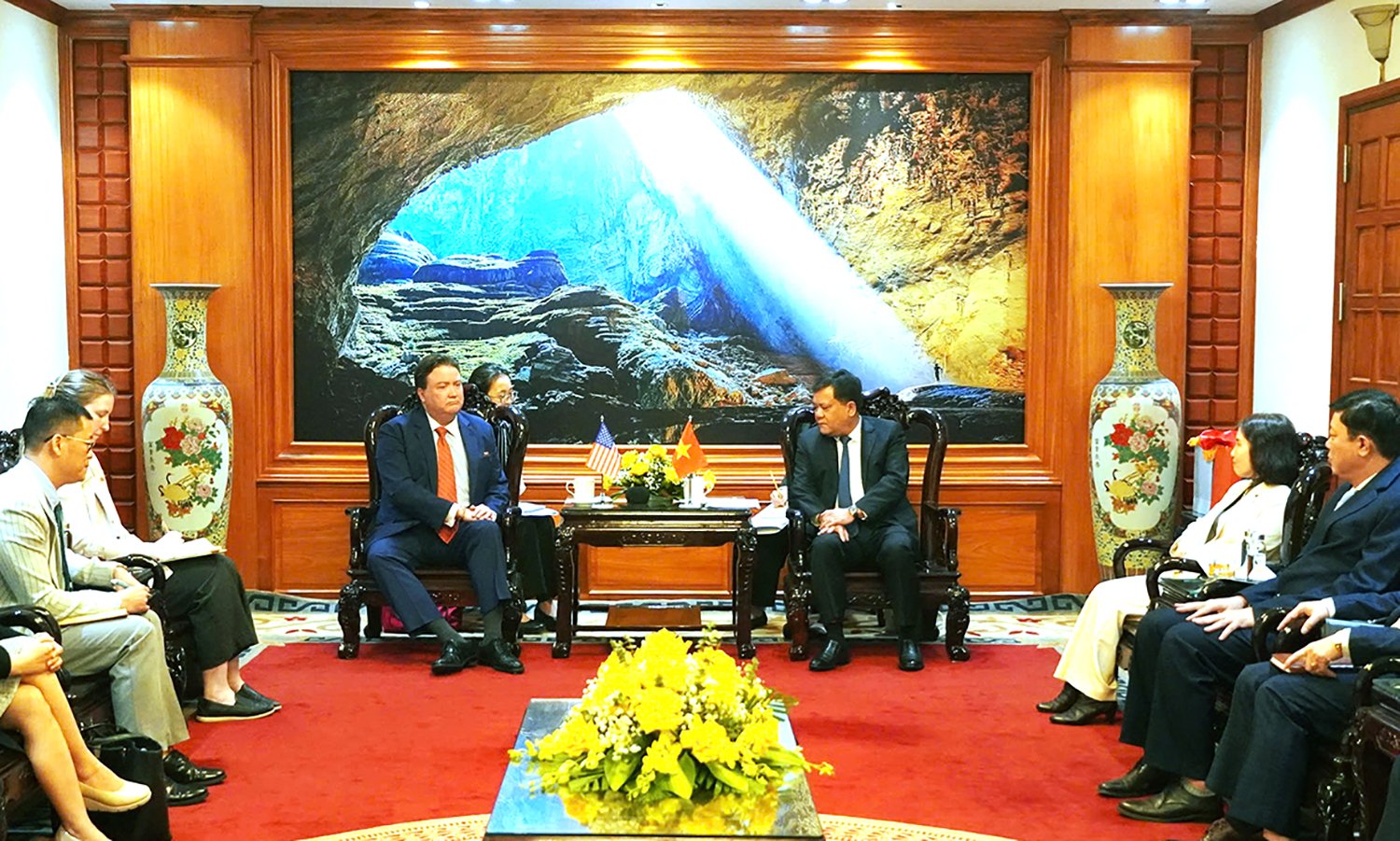

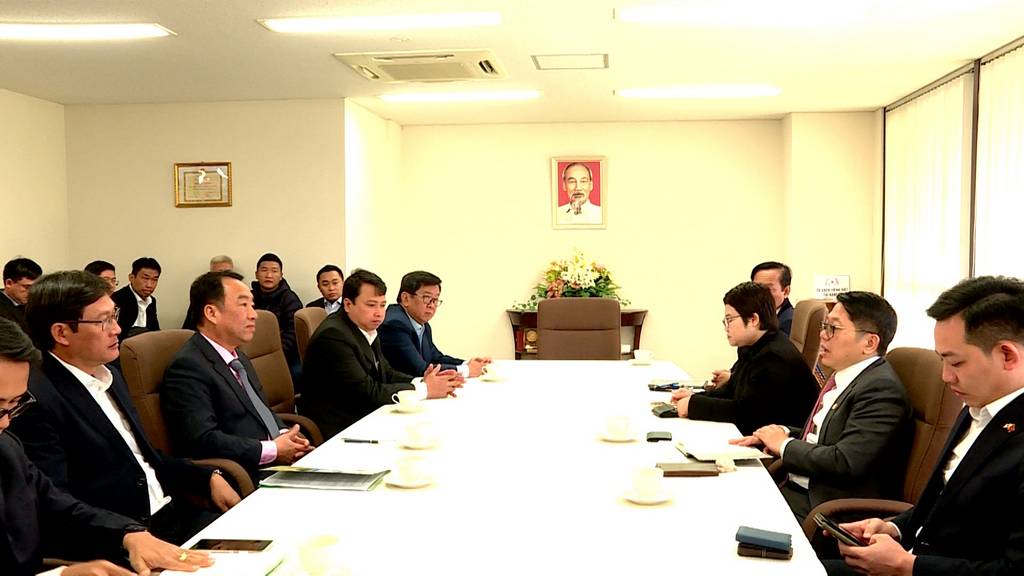
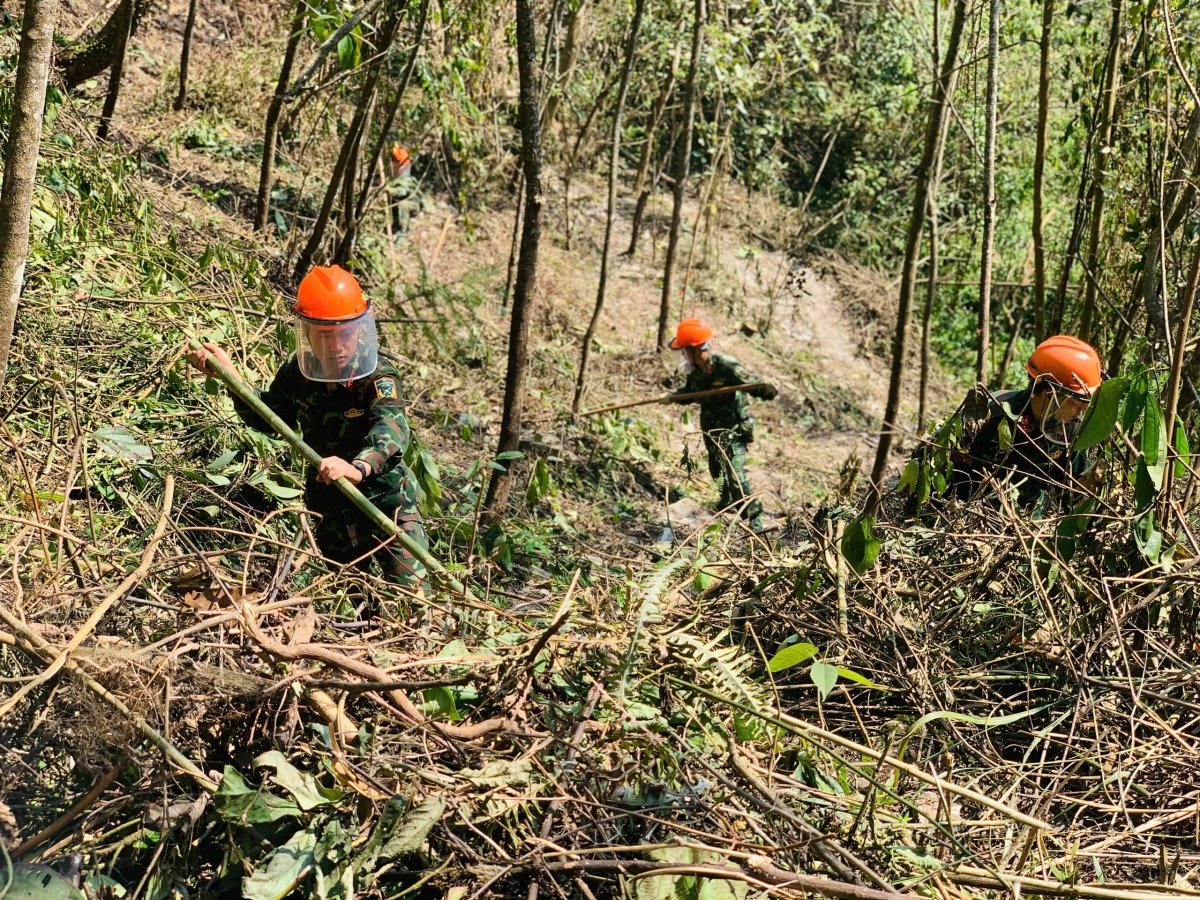

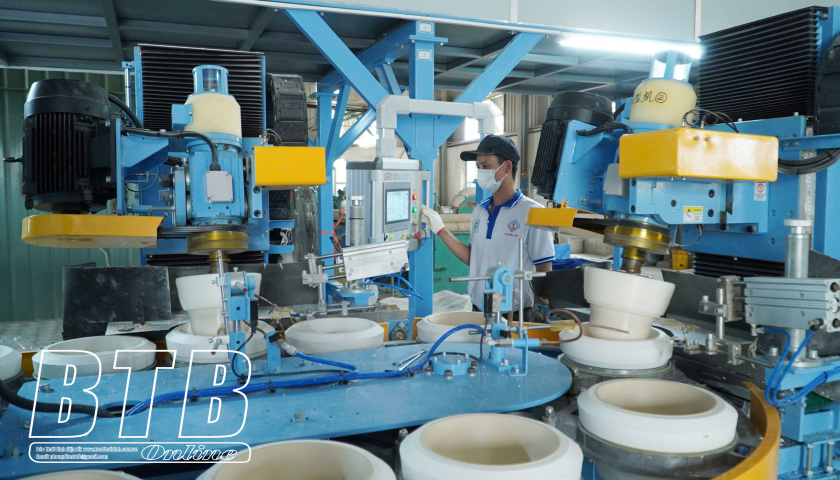

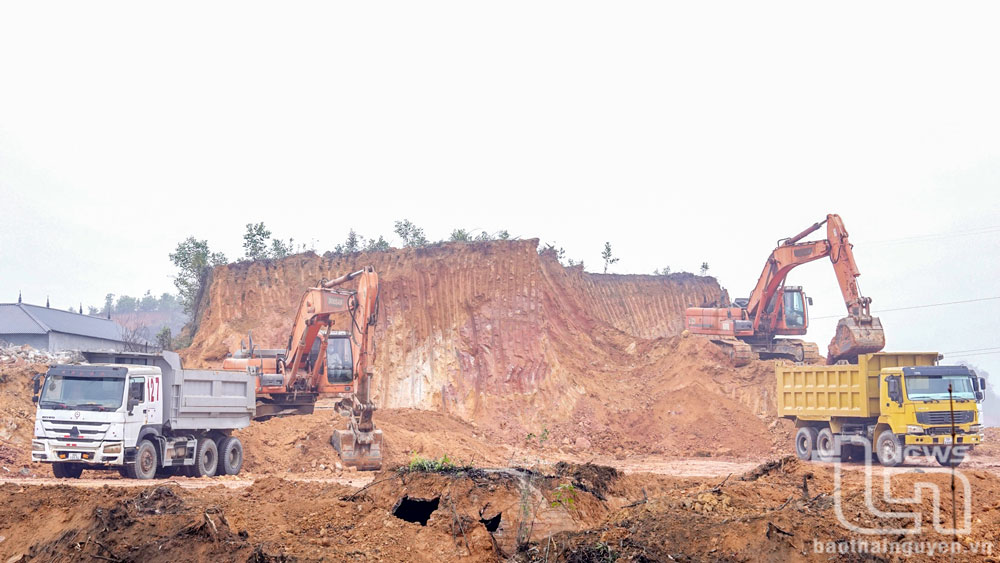


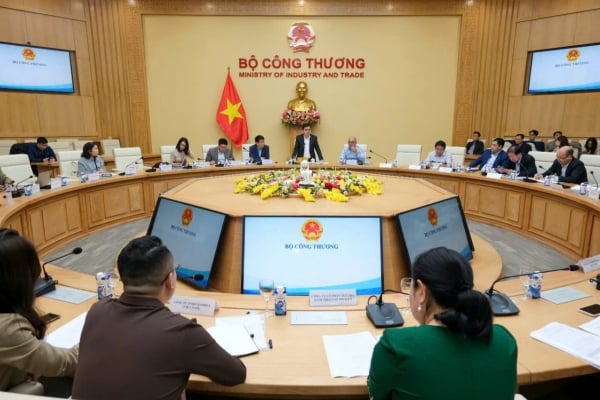
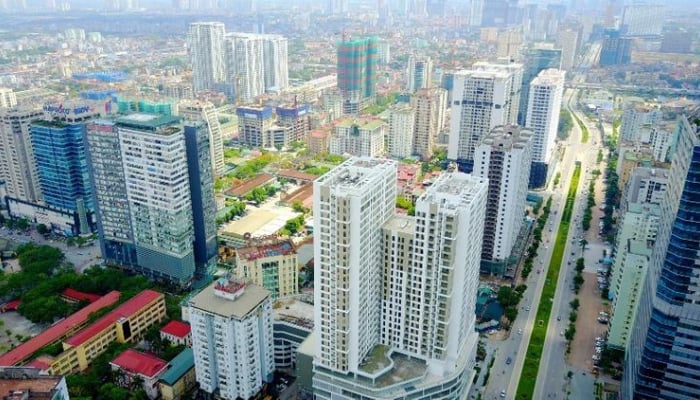
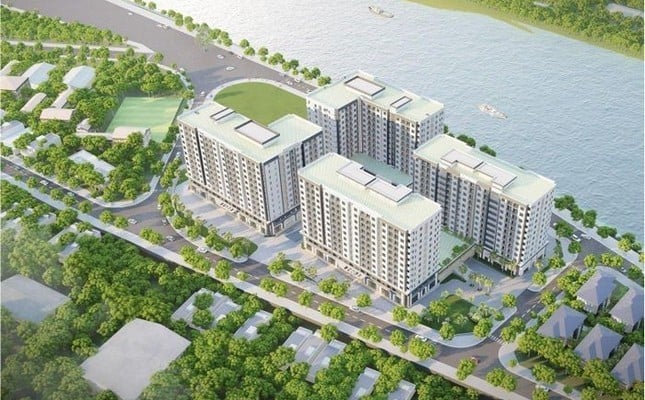
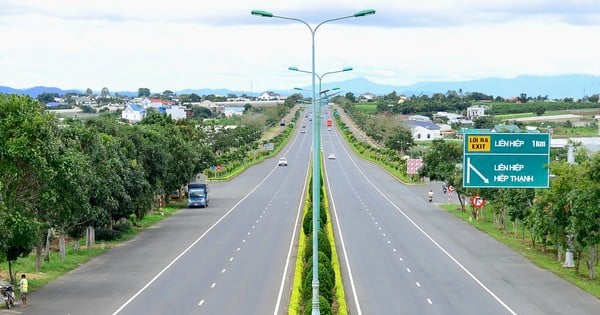







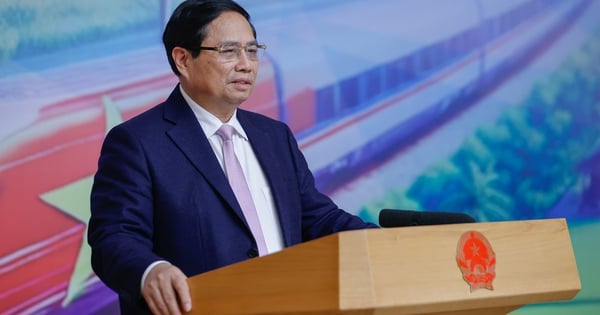
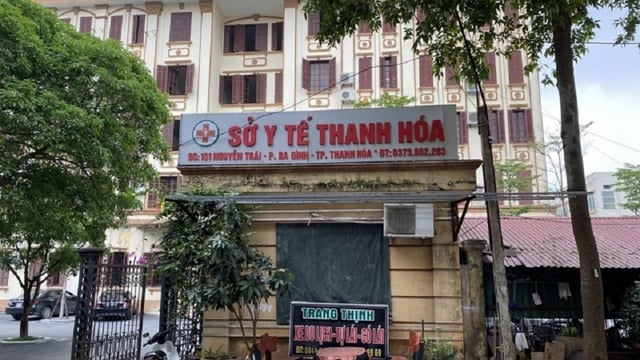

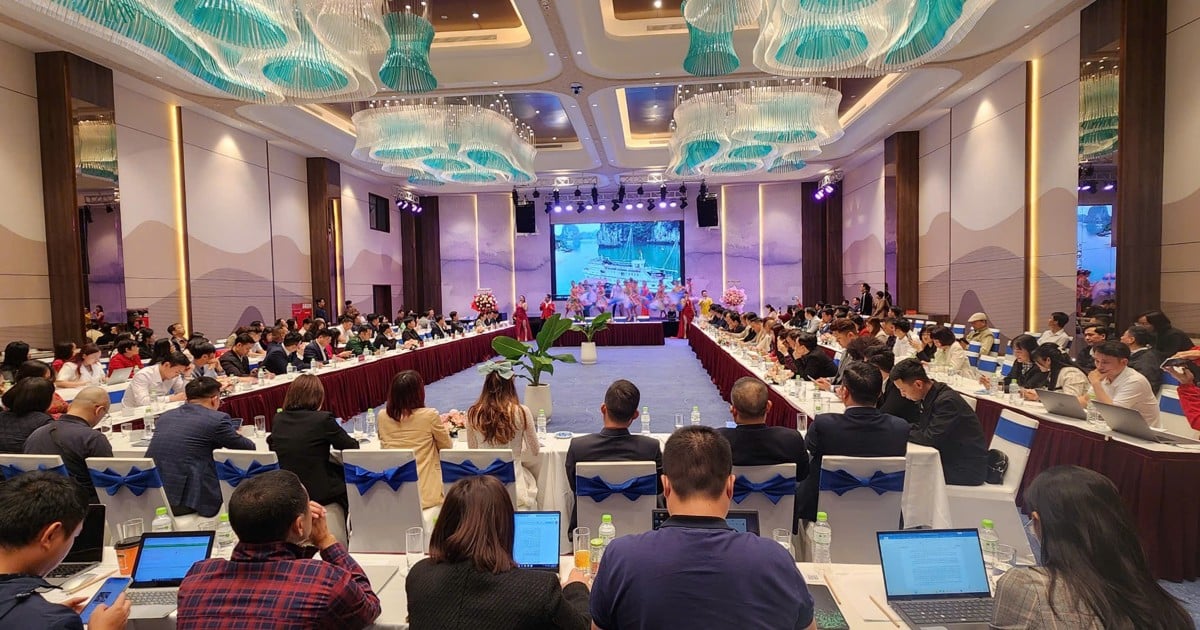








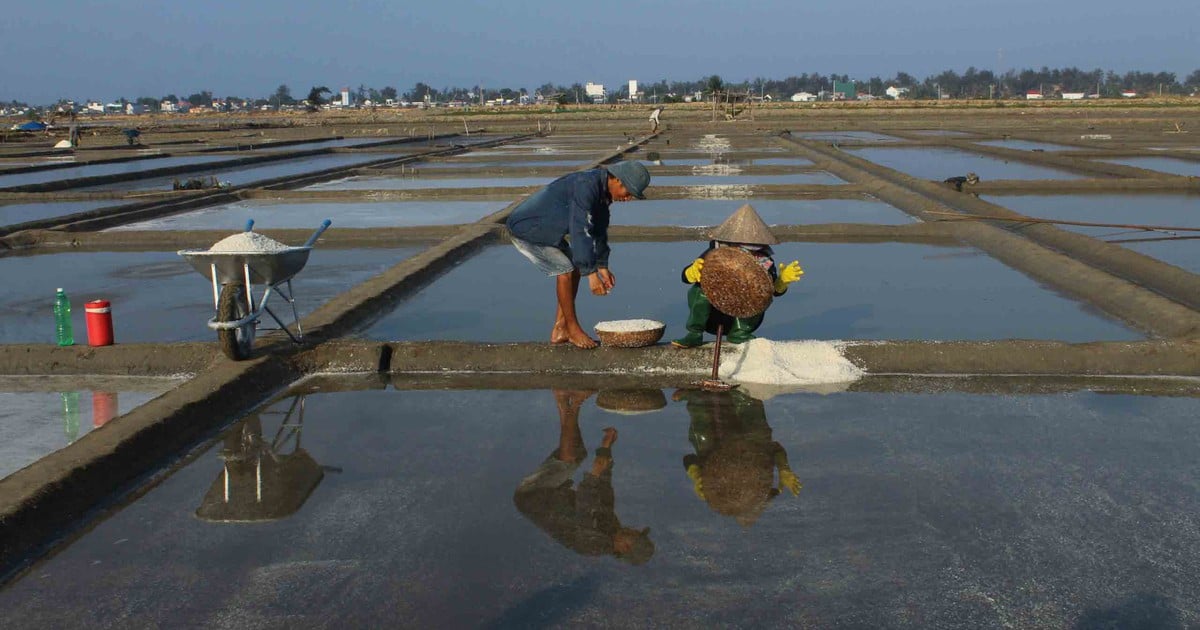







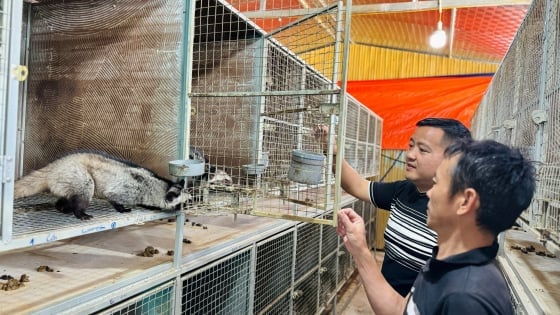













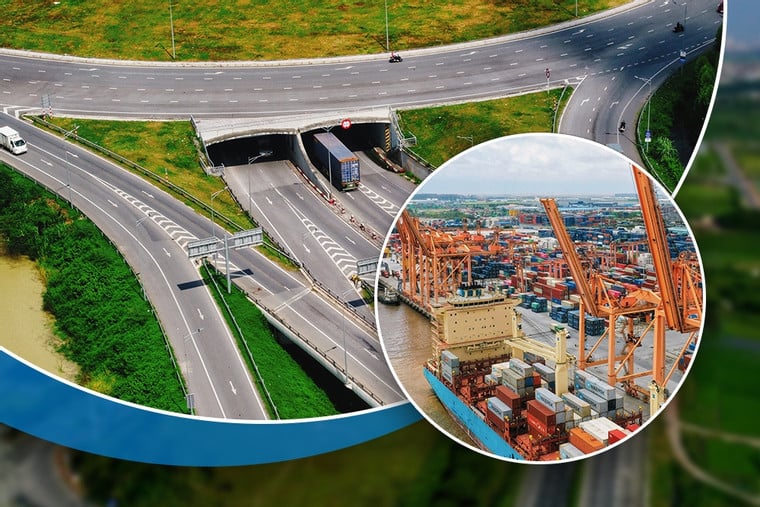




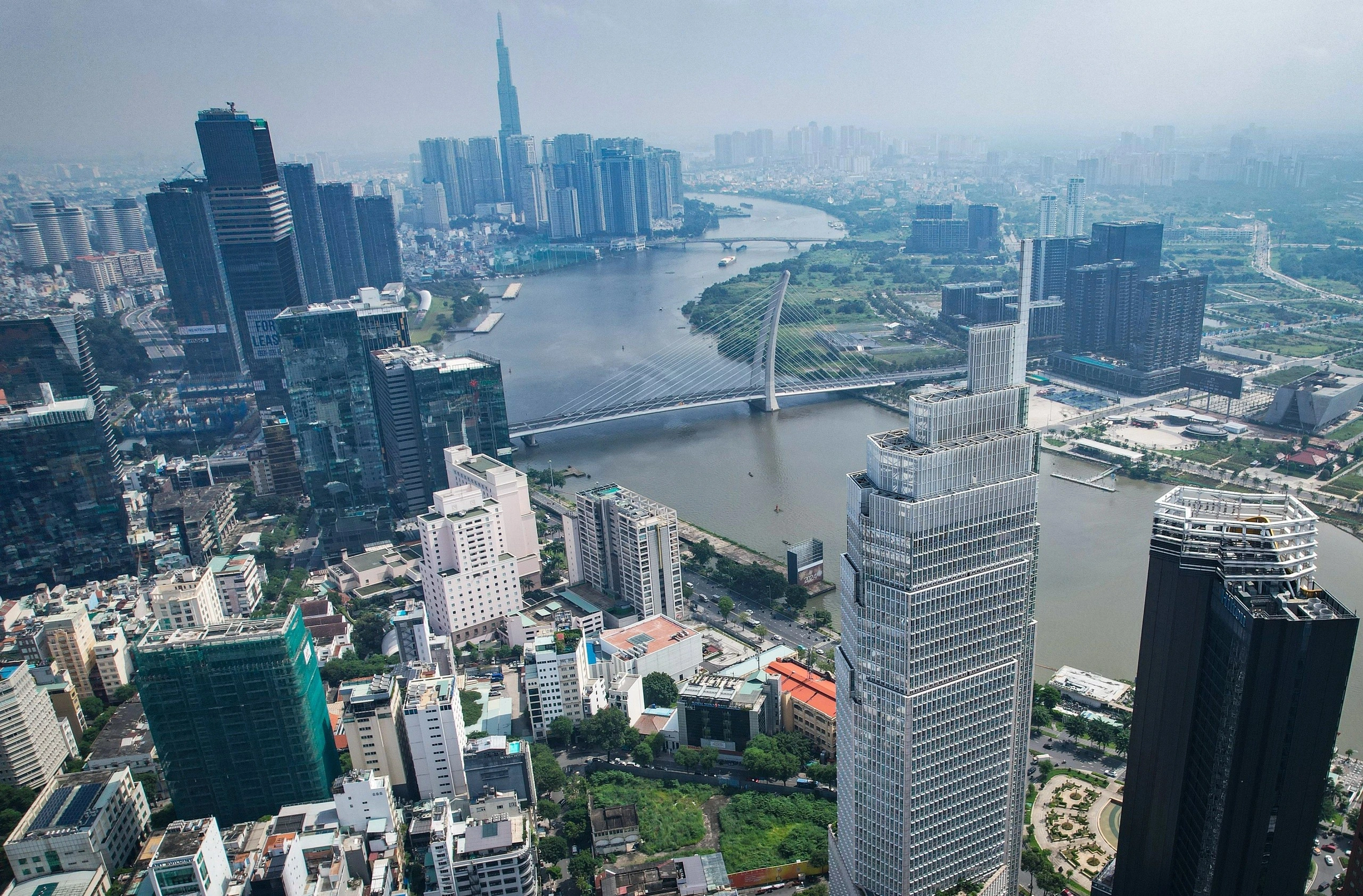


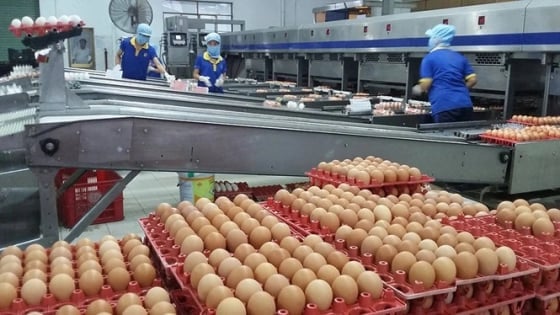



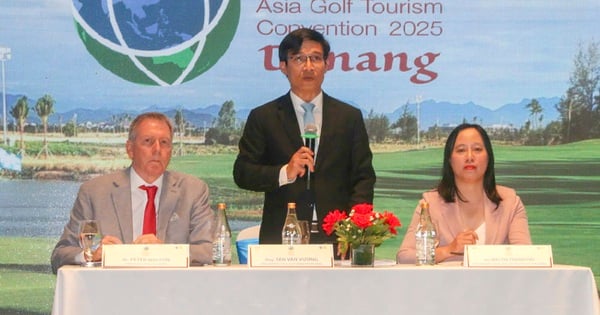
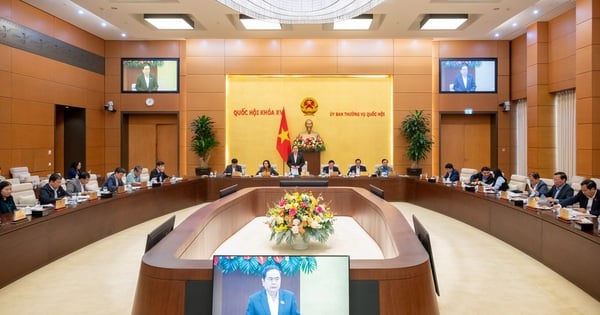
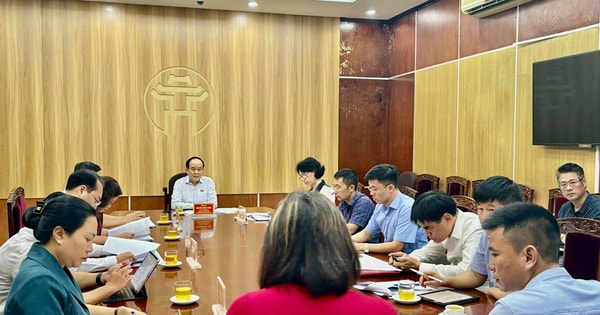



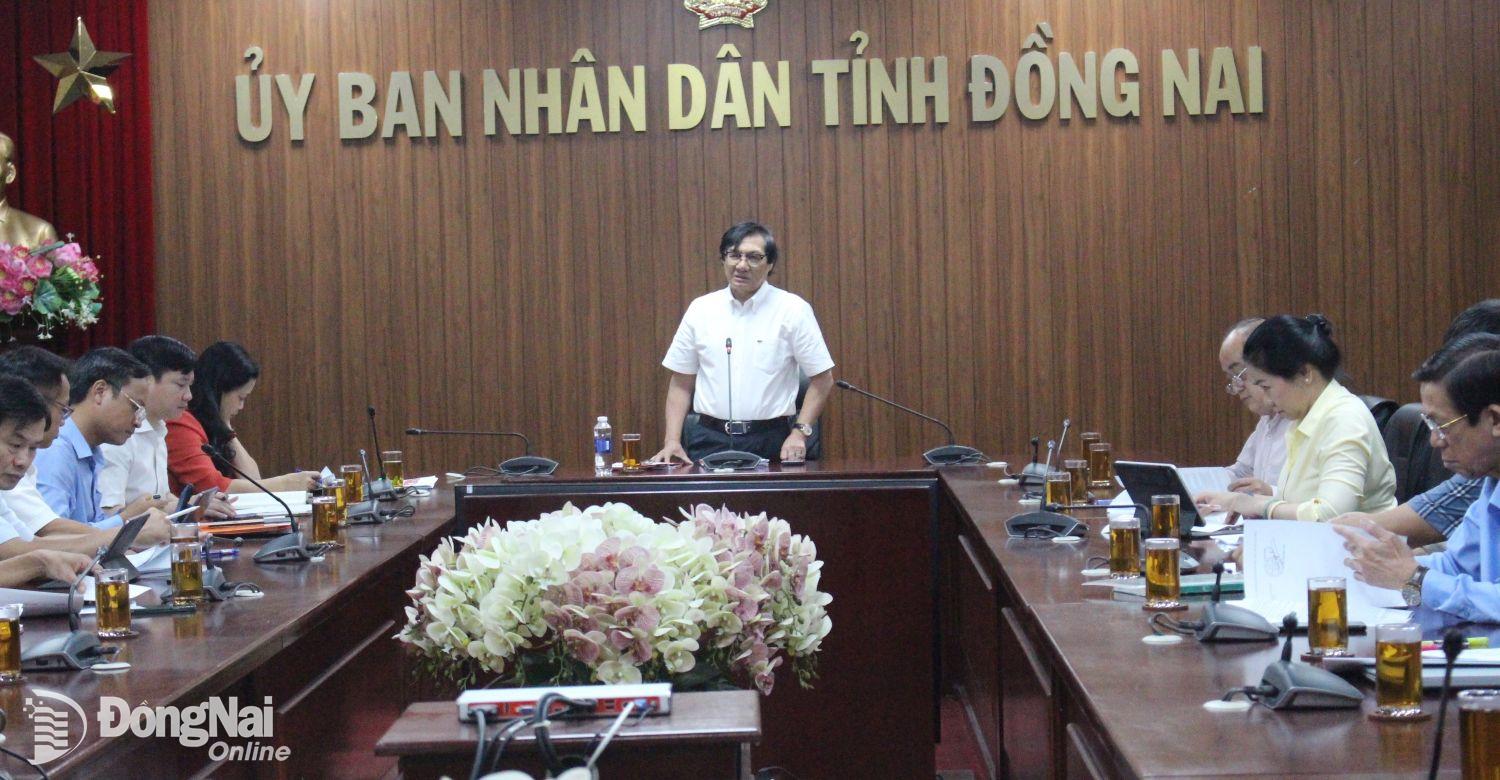

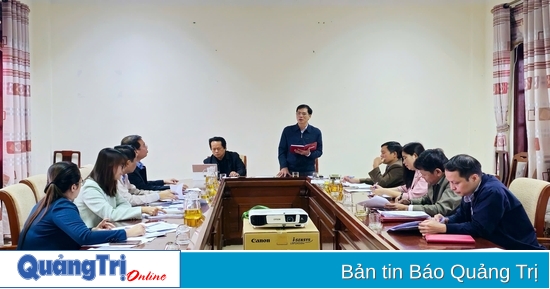
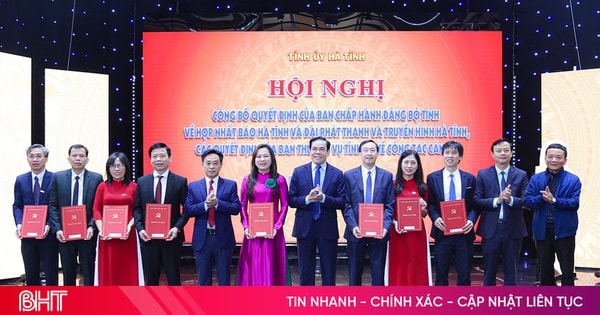










Comment (0)